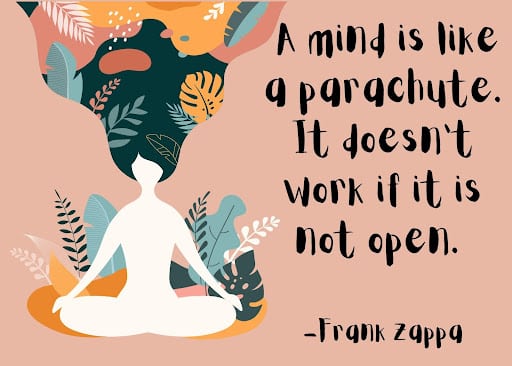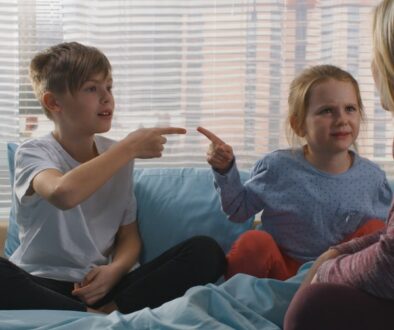The Benefits of Mindfulness
As a practicing art therapist specializing in the holistic approach, I often recommend mindfulness activities due to the beneficial properties it provides. Mindfulness is a grounding technique in which the participant becomes hyper-aware. Due to this awareness, they can experience internal thoughts and emotions. Sometimes we as humans become fixated on the world around us and when this happens, we can miss the signals our body is trying to convey to us. Using mindfulness, we can begin to become more in touch with our whole body.
One beneficial aspect of mindfulness is that it allows us to address a wide range of age groups, spanning from young children to senior citizens. Adaptations can be made from the selected mindfulness activity to ensure that it is appropriate for the targeted age group. For example, a mindfulness activity designed for young children would likely only last a couple of minutes to adapt to their shorter attention span. Or the activity might incorporate movement to get their much-needed wiggles out. Whereas a mindfulness activity for older adults can be much longer and it could even be viewed as more beneficial for this age group to sit for this activity.

Along with stress reduction, several studies have concluded that mindfulness helps improve a person’s emotion regulation. Improvement in this skill means that a person will have an easier time coping with their feelings and will have the resources to self-soothe.
So how long does it take to reach a state of mindfulness? Although it would be wonderful if we all entered a state of mindfulness during our first attempt, like all good things it takes time. Our minds are a busy place and as such, they are naturally going to want to think of other things. Such as, “I wonder what I am going to make for dinner…. on second thought pizza sounds great!” However, the more a person engages in mindfulness the easier it will be for their body to naturally enter a state of mindfulness.
If you or a family member is interested in trying mindfulness or have any questions regarding it, please feel free to reach out to me (Elise McCarter) or any of our amazing therapists here at Marvelous Minds.

https://www.habitualroots.com/uploads/1/2/1/3/121341739/zelazo_lyons_cdep241_2012.pdf
Zelazo, P. D., & Lyons, K. E. (2012). The potential benefits of mindfulness training in early childhood: A developmental social cognitive neuroscience perspective. Child Development Perspectives, 6(2), 154–160. https://doi.org/10.1111/j.1750-8606.2012.00241.x



